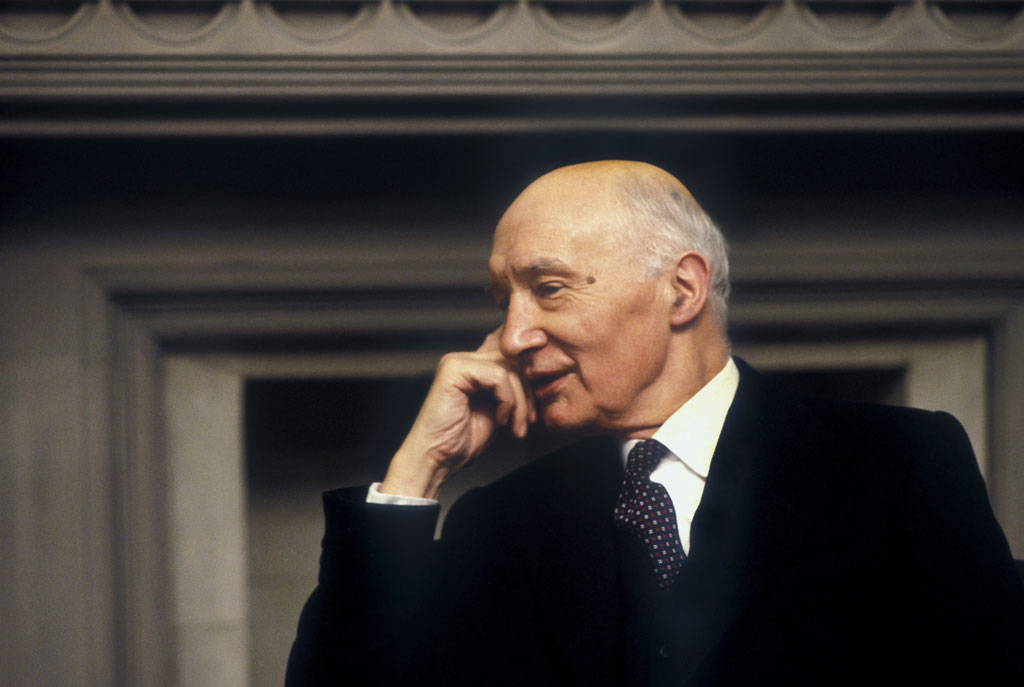
Lord Denning was a unique personality who left an indelible mark on English law; but there was more than one side to his character, says Geoffrey Bindman QC
An obvious feature of aging is the disappearance of people who were once prominent in one’s daily life. Lord Denning is still known to today’s law students because of his ground-breaking rulings—such as Central London Property Trust Ltd v High Trees House Ltd [1947] KB 130, [1956] 1 All ER 256, which gave deserted wives the right to remain in the matrimonial home. But his unique personality is a fading memory.
He was a vivid presence for me during most of my career—especially during the period of over 20 years until 1983 when he led the Court of Appeal as Master of the Rolls. I was a solicitor in London for the whole of that time, and several of my cases reached his court. Born in 1899, he lived on, writing books, until shortly after his 100th birthday.
Humble beginnings
His origins were modest. His father









